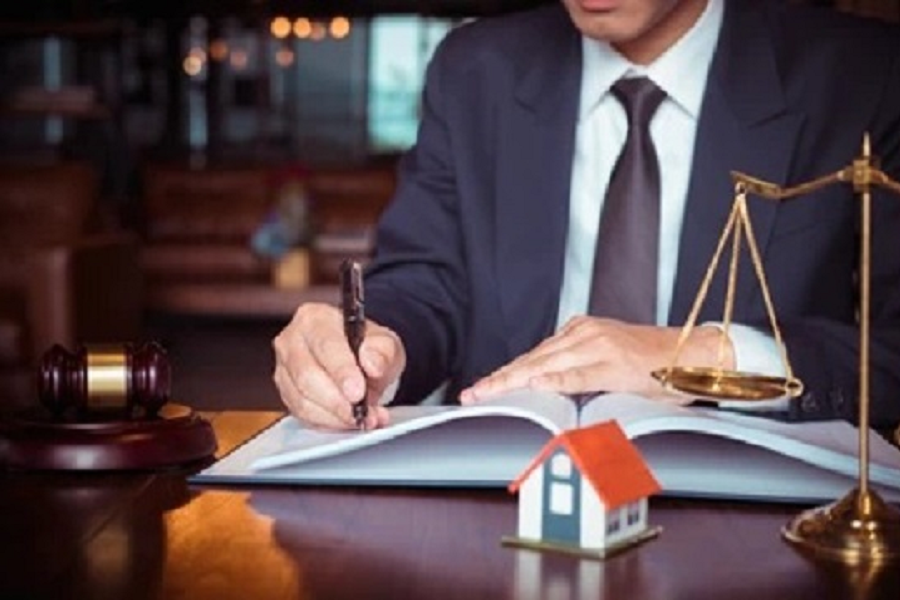Finding a tenant in France
As a lawyer expert in real estate transactions in France, I can provide you with a guide on the 10 steps to take into account when finding a tenant in France, taking into account the legal and tax obligations outlined in the French code of law.


Step 1: Define the rental property
The first step is to define the rental property you want to lease. You should identify the type of property, its location, and the rental amount. You should also consider the property’s size, layout, and amenities. This will help you target the right tenants for your property.
Step 2: Determine the rental price
The next step is to determine the rental price for the property. You should research the local rental market to see what similar properties are renting for in the same area. You should also take into account the condition of your property and any amenities it may have.
Step 3: Advertise the property
Once you have defined the rental property and determined the rental price, the next step is to advertise the property. You can do this by placing an ad in a local newspaper or online rental websites. Be sure to include the property’s location, size, and amenities, along with the rental price.
Step 4: Show the property
When potential tenants contact you about the property, you should arrange to show it to them. You should be available to show the property at times that are convenient for the tenant. You should also make sure the property is clean and presentable before showing it.
Step 5: Screen the tenants
Before accepting a tenant, you should screen them to ensure they are suitable for the property. This may involve checking their credit history, employment status, and references from previous landlords. You should also check their criminal history to make sure they have not been convicted of any crimes.
Step 6: Draft the lease agreement
Once you have found a suitable tenant, you should draft a lease agreement. The lease agreement should outline the terms of the tenancy, including the rental amount, payment due dates, and length of the lease. It should also outline any rules or restrictions the tenant must follow while living in the property.
Step 7: Collect the security deposit
Before the tenant moves in, you should collect a security deposit. The security deposit is typically equal to one month’s rent and is held in case the tenant damages the property or fails to pay rent.
Step 8: Conduct a move-in inspection
Before the tenant moves in, you should conduct a move-in inspection. This involves documenting the condition of the property and any existing damage. You and the tenant should sign off on the inspection to acknowledge the condition of the property.
Step 9: Register the lease agreement
Under French law, the lease agreement must be registered with the local authorities. This is typically done by the landlord and involves paying a registration fee.
Step 10: Comply with tax obligations
As a landlord, you are required to comply with various tax obligations. You will need to declare the rental income on your tax return and pay any applicable taxes. You may also be eligible for certain tax deductions, such as maintenance and repair expenses.
In conclusion, finding a tenant in France involves several steps, from defining the rental property and determining the rental price to drafting the lease agreement and complying with tax obligations. As a lawyer expert in real estate transactions in France, I recommend that you consult with a legal professional to ensure that you are in compliance with all applicable laws and regulations.
About the Author :
Business lawyers, bilingual, specialized in acquisition law; Benoit Lafourcade is co-founder of Delcade lawyers & solicitors and founder of FRELA; registered as agents in personal and professional real estate transactions. Member of AAMTI (main association of French lawyers and agents).
FRELA : French Real Estate Lawyer Agency, specializing in acquisition law to secure real estate and business transactions in France.
Paris, 19 Rue du Colisee, 75008 Paris
Bordeaux, 78 Cours de Verdun, 33000 Bordeaux
Lille, 40 Theater Square, 59800 Lille

A propos de l’auteur :
Avocats d’affaires, bilingues, spécialisés en droit des acquisitions ; Benoit Lafourcade est co-fondateur de Delcade avocats & solicitors et fondateur de FRELA ; enregistré en tant que mandataires en transactions immobilières personnelles et professionnelles. Membre de l’AAMTI (principal association d’avocats et d’agents Français).
FRELA : Avocats et mandataires spécialisés en droits des acquisitions pour sécuriser les transactions d’immobilier et d’entreprises en France.
Paris, 19 Rue du Colisée, 75008 Paris
Bordeaux, 78 Cours de Verdun, 33000 Bordeaux
Lille, 40 Place du Théâtre, 59800 Lille

This article is provided for general information only and may not reflect the most recent legal or tax developments. It does not constitute legal advice. Please contact us for personalised guidance before making any decision.




